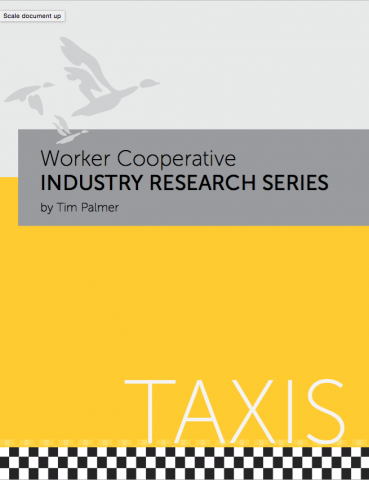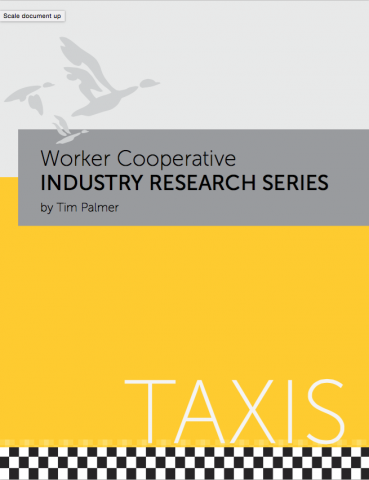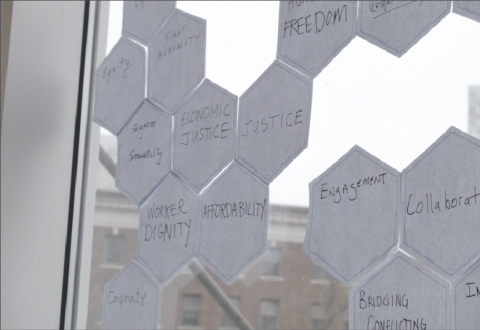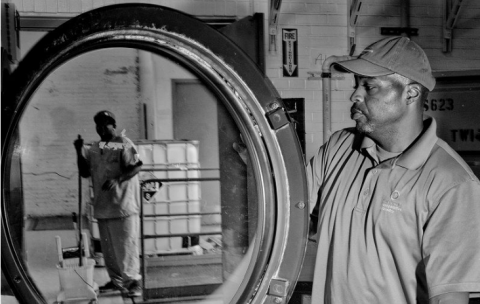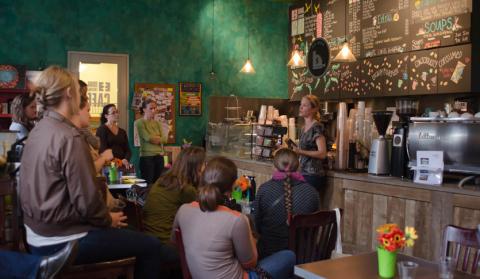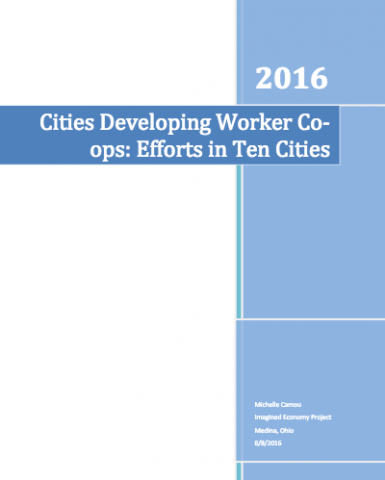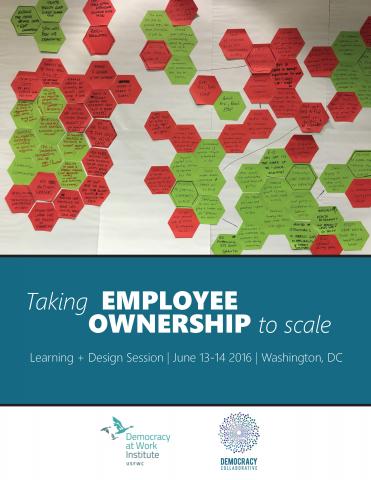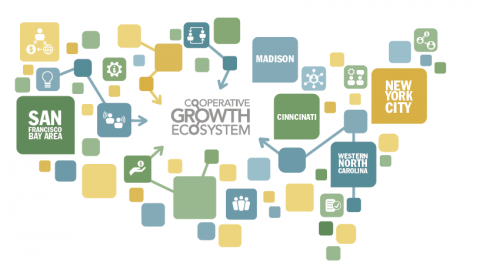Pulitzer Prize-winning author, journalist and Columbia Journalism School professor Dale Maharidge crossed the country to chronicle the lives of today's working poor, from farmworkers in southern California fighting against low wages and a devastating drought, to heroin stricken communities in northern Maine that have been abandoned by industry. His story, “American Ballad: A Photographic Chronicle of America's Working Poor,” marks the 75th anniversary of James Agee’s Let Us Now Praise Famous Men. It was published in the December issue of Smithsonian Magazine...listen here
